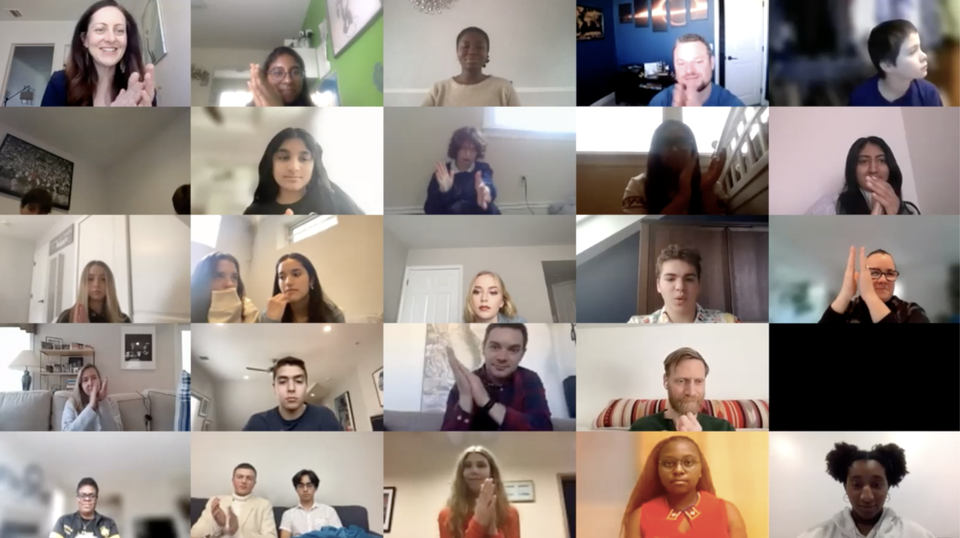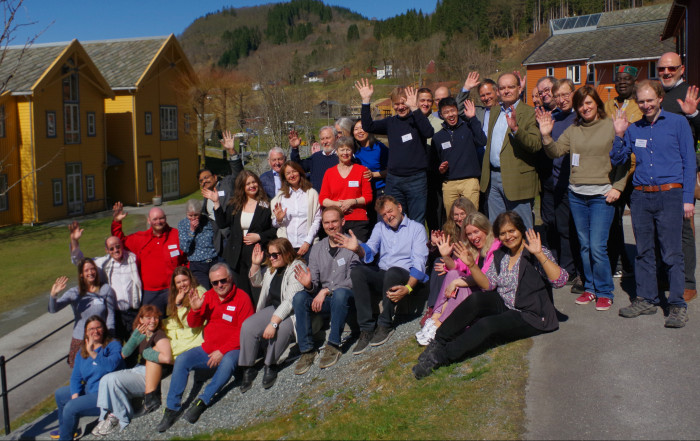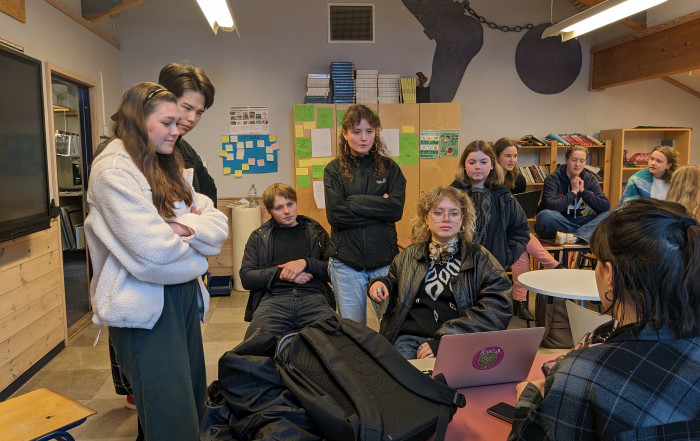“The Changemaker Project has made me more aware of social issues in the world and given me a chance to make a project that will make a difference. It has given me the tools and taught me how I can make a change for someone else. I have learned that even though some changes are small, it does not make them less important. Every little change means something.” wrote Laura Maria Riisager, our alumna, about The Changemaker Project.
“The Changemaker Project” invites individuals from all over the world to be part of a global community of change-makers and participate in a design challenge aimed at creating a better world. In this project, participants will be exposed to various social and environmental justice issues and be equipped with the necessary tools and skills to tackle these problems with innovation and creativity.
In the project, students are challenged to tackle a chosen problem, guided by an online course that provides valuable problem-solving skills and utilizes Stanford’s Design Thinking process. They connect and share ideas with students from diverse backgrounds through online discussion forums and video calls, and receive support from mentors who are experts in various fields as they develop your project. The teams submit a pitch video showcasing their project, which is evaluated by a team of judges. Finalists have the chance to pitch their idea to venture capitalists and philanthropists for funding.
This year four RCN teams participated in the contest with the following projects: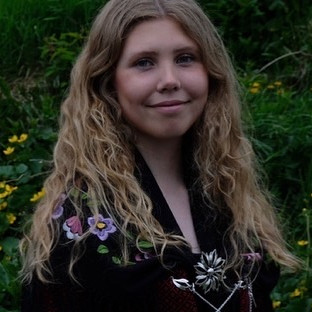
The Faroe Islands for Human Rights: There is a lack of Faroese educational material on human rights. This language barrier makes it difficult to get young people engaged in human rights issues. The Faroe Islands for Human Rights aims to educate the Faroese youth on human rights in their mother tongue through an educational book. (Oline Lykke Grand)
Shelter Kits for Local Shelters in Ukraine: As people in Ukraine continue to suffer from constant Russian bomb shellings and drone 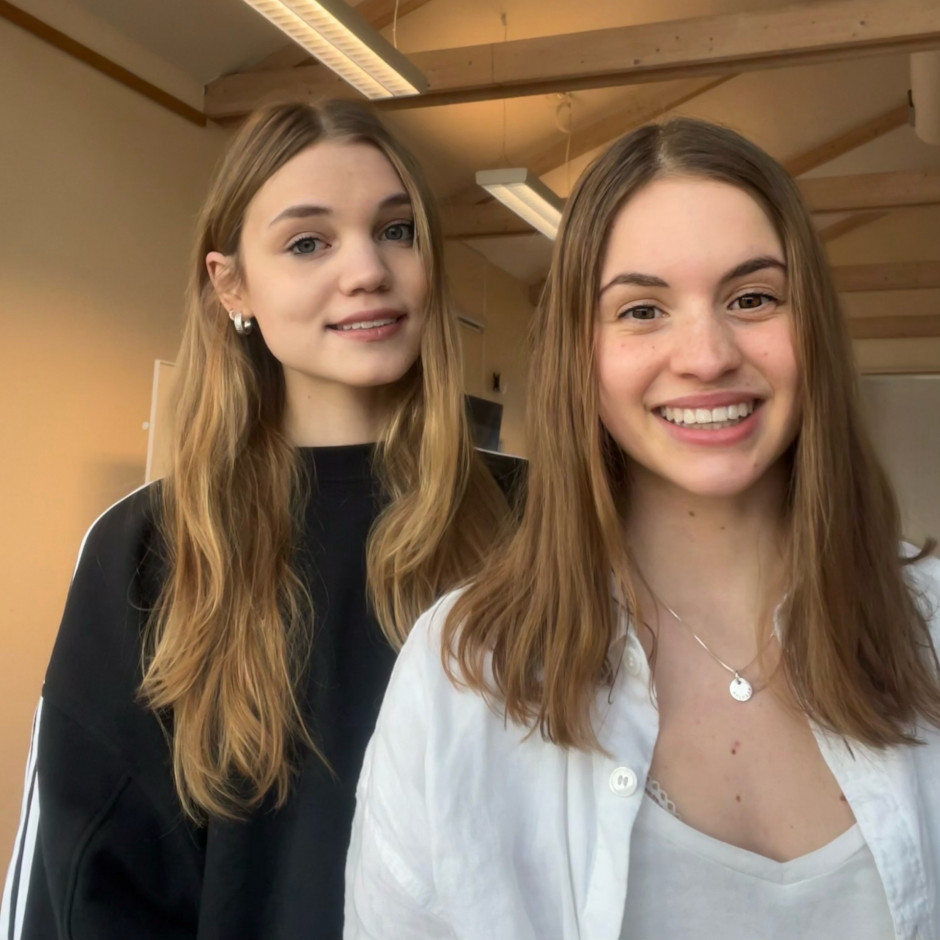 attacks and have to seek shelter when air raid sirens go off, the aim of the project is to equip these shelters with shelter kits. The kits will include First Aid kits, pain medicines, emergency blankets, and hygiene products for women. The goal is to assemble and deliver at least ten shelter kits to Valeria’s hometown Irpin, which was under occupation and suffered 70% destruction. (Valeriia Ivanova and Emily Gordon)
attacks and have to seek shelter when air raid sirens go off, the aim of the project is to equip these shelters with shelter kits. The kits will include First Aid kits, pain medicines, emergency blankets, and hygiene products for women. The goal is to assemble and deliver at least ten shelter kits to Valeria’s hometown Irpin, which was under occupation and suffered 70% destruction. (Valeriia Ivanova and Emily Gordon)
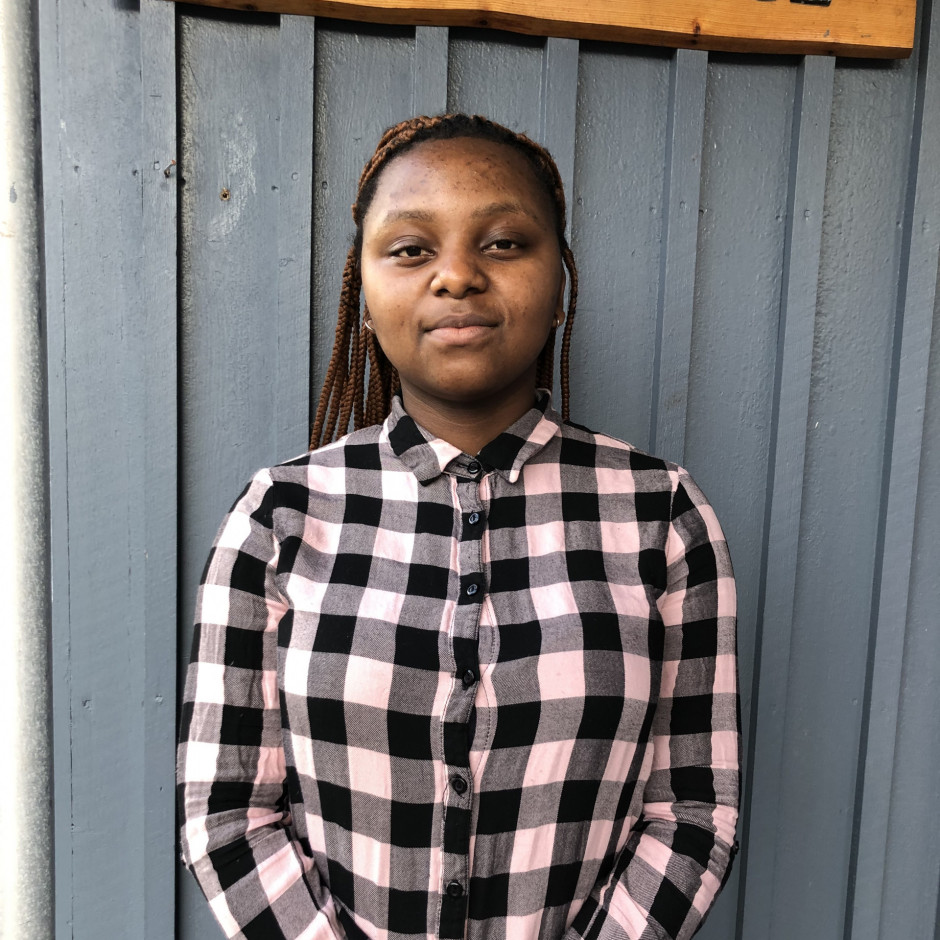
The Little Lamp project is about donating wheelchairs in Eswatini since there is a great need for wheelchairs there. As part of the project, the team will also conduct a workshop and teach people how to fix wheelchairs since there are very few people who can fix wheelchairs in the country. Eventually fix broken wheelchairs for community members. (Nongcebo Pertunia Nsingwane)
LEAF Education is a project designed to provide online environmental education for teenagers in disadvantaged communities around 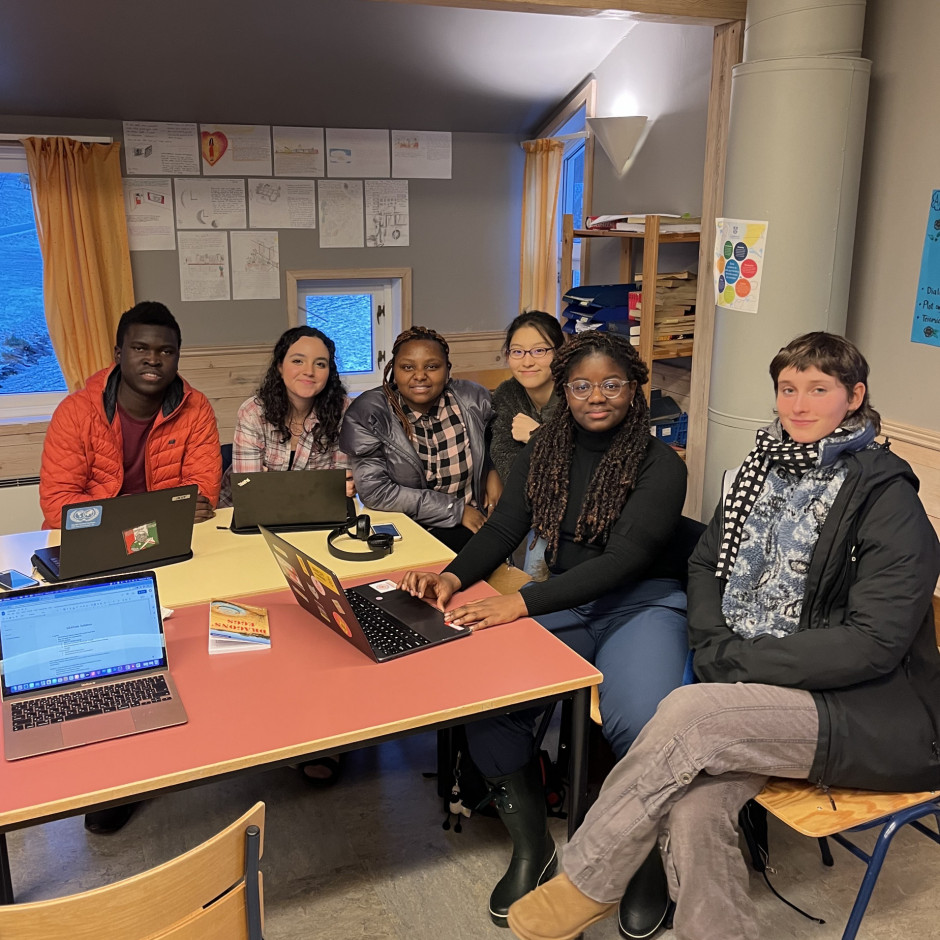 the world. (LEAF EAC)
the world. (LEAF EAC)
Not only did all four teams earn a spot in the competition, but each team also secured funding for their innovative projects. Even more impressive, three of the teams exceeded their funding goals, setting a new standard for success. We extend our warmest congratulations to all of the participating teams for their hard work, perseverance, and impressive achievements. Their innovative ideas and dedication to their projects are sure to make a significant impact in the world. Keep up the great work!
Latest News
Council Meeting 2023: New Opportunities on the Horizon
Frants Bernstorff-Gyldensteen, Chair of the Council at UWC Red Cross Nordic, shared his thoughts on the Council Meeting that took place recently at the College. It was, as always fantastic to welcome our [...]
Annual Report 2023
We are delighted to announce that our Annual Report 2023 has been released and is now available for you to read. This report highlights our organization's accomplishments, milestones, and progress made over the [...]
Extended Essay in the IB Diploma: Balancing Challenges, Benefits, and a Community-Driven Approach at RCN
The Extended Essay is an independent research project completed by all RCN students as part of the IB Diploma Programme. For many students, it is the most challenging assignment that they will encounter [...]

